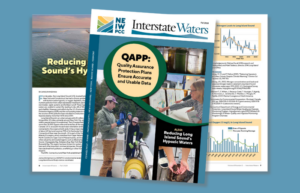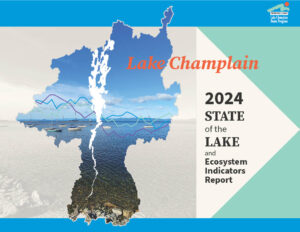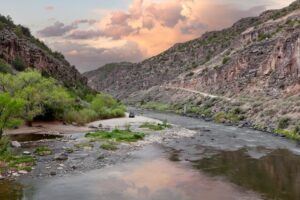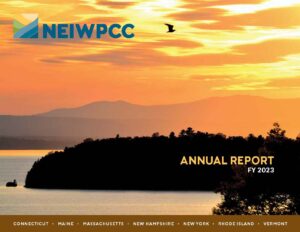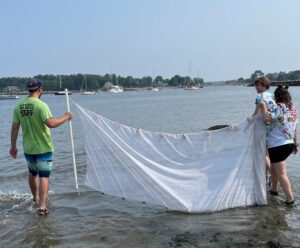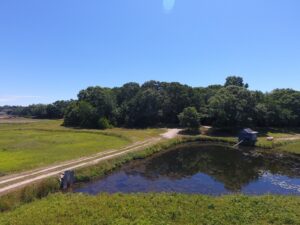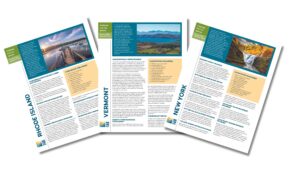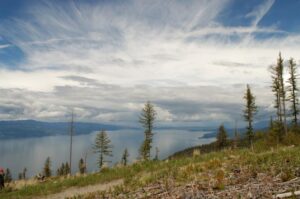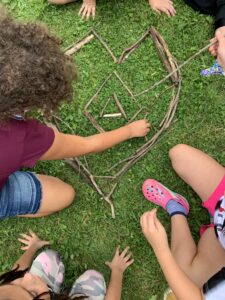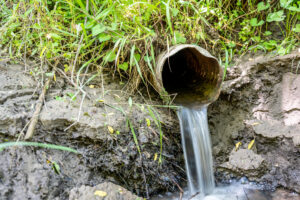-
Fall Issue of Interstate Waters now Available
The Fall 2024 issue of NEIWPCC’s biannual magazine, “Interstate Waters,” is now available both online and in print. The cover story focuses on NEIWPCC’s Quality Assurance Project Plans – mandated
-
Lake Champlain’s State of the Lake Report Highlights Progress and Challenges
The Patrick Leahy Lake Champlain Basin Program (LCBP), a NEIWPCC program partner, released an updated “State of the Lake and Ecosystems Indicators Report.” Drawing on the most recent scientific data, the
-
Clean Water Podcast Features ‘Outstanding’ Waters in New Mexico
The Clean Water Pod podcast takes listeners to the Rio Hondo, a 79-mile-long tributary of the Rio Grande located in northern New Mexico. The river is an important ecological, recreational,
-
2023 Annual Report Now Available
NEIWPCC’s 2023 annual report is now available, both online and in print. The report features accomplishments from throughout the fiscal year and is organized around NEIWPCC’s core values: leadership, collaboration,
-
From Sewage to Seining: Youth Explore Environmental Careers
By Cheyenne Ellis A group of high school students trudge down the coastal forest path, swatting bugs away from their faces and grumbling as they make their way toward the
-
Clean Water Podcast Features Nature-Based Solutions on Cape Cod
Water quality issues on Cape Cod, Massachusetts stem from an increasing population as well as an influx of summer tourists that nearly triple the local population. Excess nitrogen enters area
-
Reports Detail NEIWPCC’s Annual Scope of Work for Each Member State
NEIWPCC’s annual state summaries are now available on its website. These two-page reports provide a breakdown of NEIWPCC’s work from 2022-2023 in each member states, as well as collectively across
-
Clean Water Podcast Addresses Septic Leachate Pollution in Montana Watershed
The latest episode of the “Clean Water Pod” travels to northwestern Montana’s Flathead Basin to explore nutrient pollution resulting from underperforming or failing septic systems. Multiple studies have identified septic
-
Environmental Stewardship Through Art
By James Brangan Art inspires appreciation, which spurs understanding that leads to positive action. In 2019, the Lake Champlain Basin Program (LCBP) established an Artist-in- Residence (AiR) grant program to
-
Beneath the Surface
By Matthew C. H. Vaughan In forested watersheds, we are accustomed to seeing tranquil headwater streams and cascading rivers flow through the trees. In cities, gutters and storm drains replace
